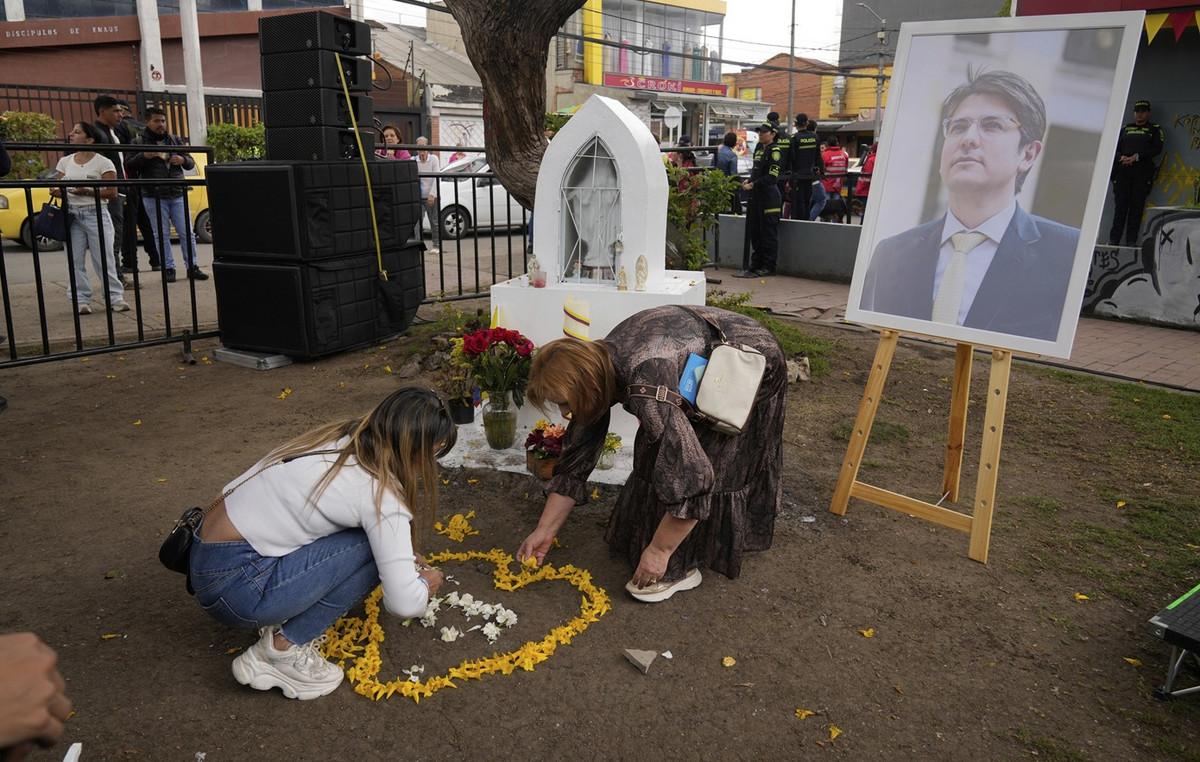Police officer Mauro Guimarães Soares, 59, died after being shot in the chest by Enzo Wagner Lima Campos, 24, following an attempted robbery in the West Zone of São Paulo. Remember the case .
Mauro was walking down the street with his wife when he was approached by two men on a motorcycle. The bandits were trying to steal a gold chain from the police chief. They got into a physical fight, and Enzo was shot twice by the police chief during the robbery.
The criminal was taken to the University Hospital, and his health condition is unknown. The criminal had an accomplice, who has not yet been found by the police.
The criminal had been released from prison less than four months before, after receiving judicial authorization to exchange the closed regime for a homeless shelter. CNN spoke with criminal law expert Rafael Paiva, who explained how this type of punishment works and how it impacts public safety.
What does the law say about “hostel-home”?
In the legal system, the open regime can be served in different ways. Among them, there is the “hostel prison”, a specific place where the convict must go to sleep. In addition, there is the “household-hostel” regime, when the convict stays in his own home during the night, on Sundays and holidays. This measure is known as house arrest.
The expert explains that it is an exceptional regime for serving a sentence, intended for open regime prisoners, who are given the right to walk freely on the streets during the day, with the obligation to stay home at night. The benefit is provided for in the Penal Execution Law.
“It should be a benefit applied only to low or non-dangerous criminals, who committed less serious crimes,” says Paiva.
Alternative sentencing, applied outside the prison system, is one of the most flexible forms of serving a sentence. The criminal justice system generally grants open regime to people over 70 years of age, pregnant women or those who need to care for a minor or disabled child, or due to a serious health problem.
“[A detenção domiciliar se dá] when the State understands that it is not in a position to provide the necessary care” explains Paiva.
Enzo had the right to be on the streets during the day, since the convicted person can move freely through the streets, having the duty to stay home at night. The measure is also a way of integrating the process of resocialization of convicts.
The specialist explains that people in this condition cannot leave the city without judicial authorization and must regularly appear before the courts to justify their activities.
“Another criterion is proof that you are working, but this requirement is not very closely monitored,” the criminalist ponders.
This content was originally published in Suspect of killing delegate had home detention; find out how it works on the CNN Brasil website.
Source: CNN Brasil
I’m James Harper, a highly experienced and accomplished news writer for World Stock Market. I have been writing in the Politics section of the website for over five years, providing readers with up-to-date and insightful information about current events in politics. My work is widely read and respected by many industry professionals as well as laymen.







